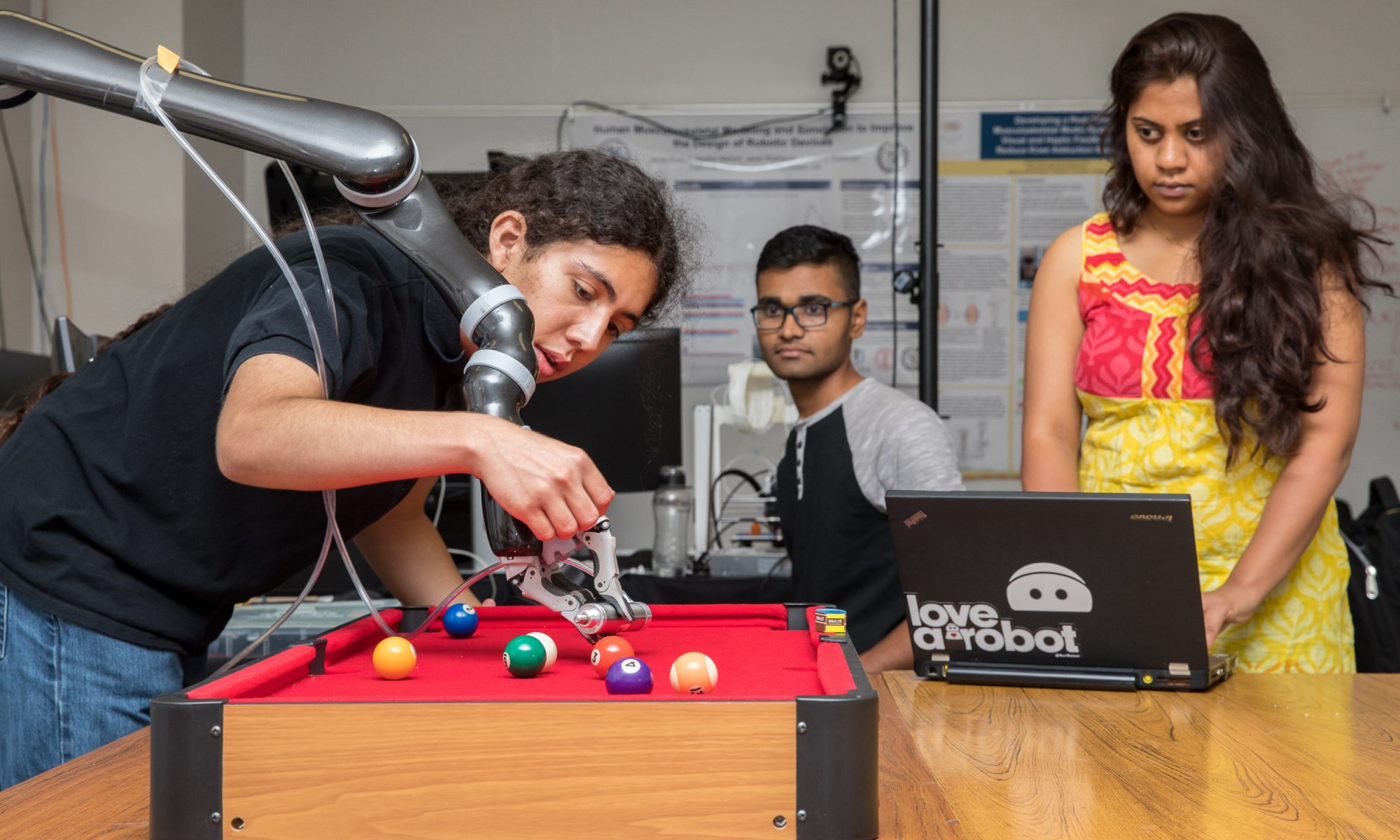If you want to know the questions that Google interviewers ask, don’t believe the dozens of books and blog posts written on the subject. Because the minute an interview question is found to be published, it’s added to the list of banned questions, says Google software engineer Chris Clark, who was at CSULB Tuesday to talk about what it’s like to be an engineer at Google.
Clark was the top computer science student in his class at UCLA, where he double majored in applied mathematics. He won a Hewlett-Packard scholarship that guaranteed him three internships at the company.
 But after completing his first summer internship there, he declined a second one in favor of internships at Xerox and then Microsoft. After his 2008 graduation, Microsoft hired him full-time. Seven years ago, he was recruited by Google.
But after completing his first summer internship there, he declined a second one in favor of internships at Xerox and then Microsoft. After his 2008 graduation, Microsoft hired him full-time. Seven years ago, he was recruited by Google.
The search engine giant, said Clark, “is very good at empowering every engineer.” The company’s open environment and support of its employees is legendary, as are its kitchens.
Clark said the micro-kitchens serve a purpose in addition to keeping employees in snacks, refreshments, and meals. “They foster communication with other people. You might go to pick up a water and overhear someone trying to solve a technical problem and end up in a conversation,” he said.
Engineers typically work in groups of 3-5. “It’s empowering for you when you make decisions because it impacts millions of people. But there’s tons of support,” he added. “You’re not writing code and having it go out the next day.”
Google is also legendary for hiring top performers. About one-quarter of employees have PhDs. “Diversity is important. Getting a mix of voices and backgrounds leads to better discussions,” said Clark.
Google’s Employee Resource Groups provide workers with opportunities to share “what makes you you,” said Clark. And at the weekly TGIF meeting, the CEO and staff are available to answer questions from employees. Developers also have access to just about every line of Google code written.
“That level of access is really unprecedented,” said Clark. “But it makes sense for us to share knowledge.”
So does working at Google sound like your dream job? Then what do you need to do to get hired? The process is simple. Upload your resume and unofficial transcript to google.com/students.
Clark said the following criteria are important during the interview process:
- How a candidate thinks
- Leadership skills
- Role-related knowledge
- Googleyness
Interviewers will want to see a coding sample. If you’re lucky enough to be called for a phone interview, be prepared to open a Google doc and have a Google engineer ask you to do some programming to demonstrate that you understand the basics.
Those who make it through the phone screening will be invited for an in-person visit. Four 45-minute interviews (two in the morning and two in the afternoon) are typical. And as with the phone interview, the in-person will focus on solving technical problems. Interviewers will send their feedback to a committee, which will debate whether an offer should be made.
The process for internships is slightly different. Candidates still have to supply a coding sample, followed by 2-3 phone screenings, a committee review, and a host match to make sure candidates are placed in their areas of interest.
Engineering opportunities at Google include:
- Software engineer
- Site reliability engineer
- Software engineer in Tools & Infrastructure
- User experience specialists
- Quantitative analysts
- One-year Engineering Residencies.
Clark shared his knowledge with CSULB students as part of the College of Engineering’s Speaker Series produced by the Office of Professional Development & Internships.

